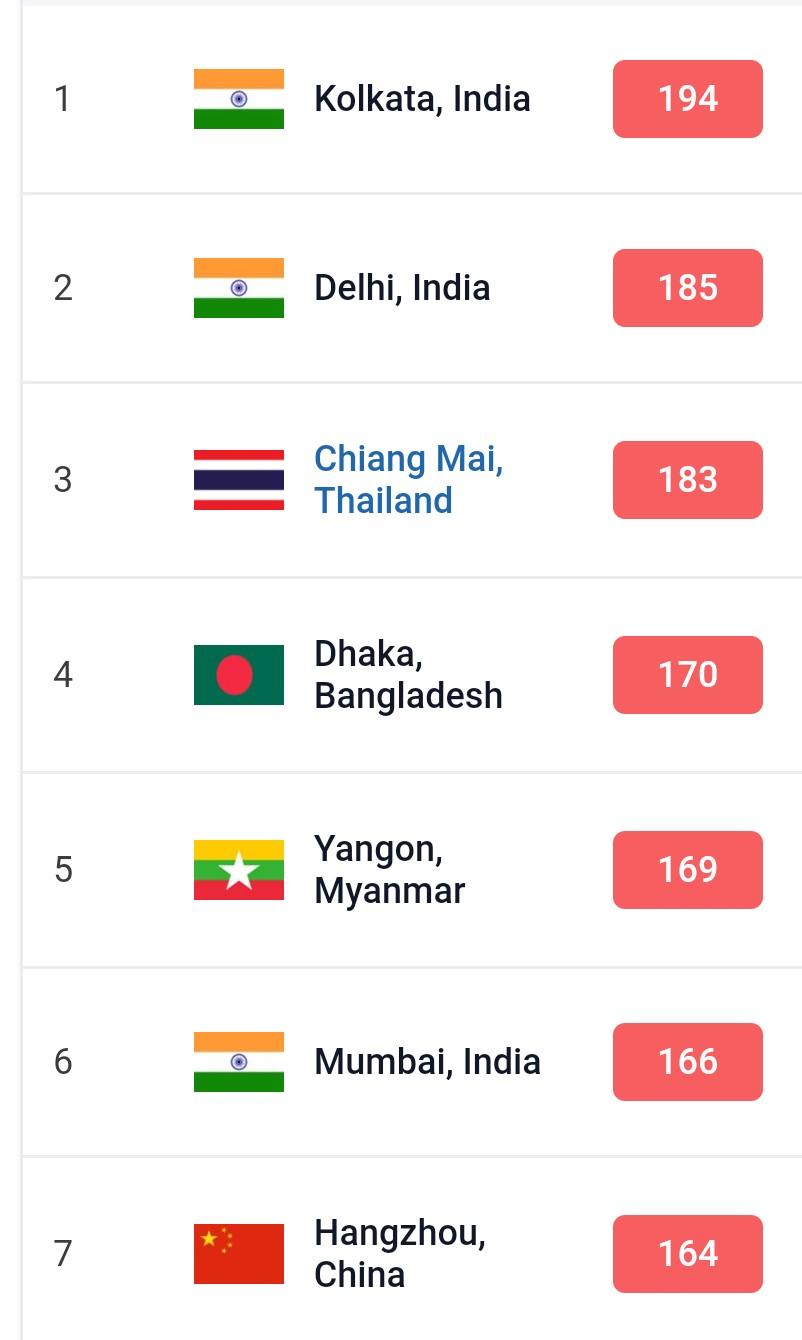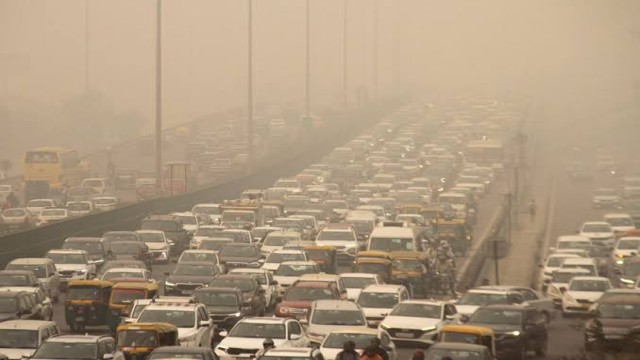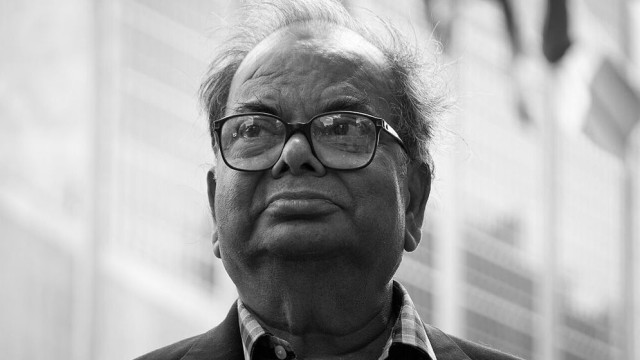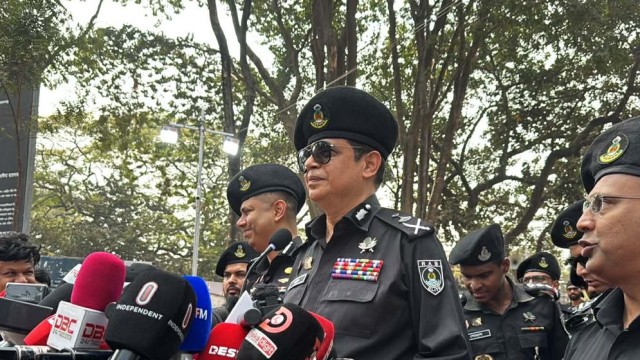The air quality in Dhaka ranked Fourth-worst globally on Thursday morning, with an air quality index (AQI) score of 170 at 9 am. This places Dhaka in the 'unhealthy' zone, following India's Delhi and Kolkata also Chiangmai of Thailand, which occupied the first to third spots with AQI scores of 190, 185, 183 respectively.

An AQI between 101 and 200 is considered 'unhealthy', particularly for sensitive groups, while a score between 201 and 300 is categorized as 'poor', and a reading of 301 to 400 is deemed 'hazardous', posing significant health risks to residents.
In Bangladesh, the AQI is determined based on five criteria pollutants: Particulate Matter (PM10 and PM2.5), NO2, CO, SO2, and Ozone. Dhaka has a history of grappling with air pollution issues, with air quality typically deteriorating during winter and improving during the monsoon season.
Air pollution is a significant public health concern globally, contributing to various adverse health outcomes such as heart disease, chronic respiratory diseases, lung infections, and cancer, according to multiple studies. The World Health Organization (WHO) estimates that air pollution is responsible for approximately seven million deaths worldwide annually.































Comment: